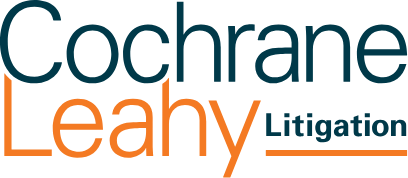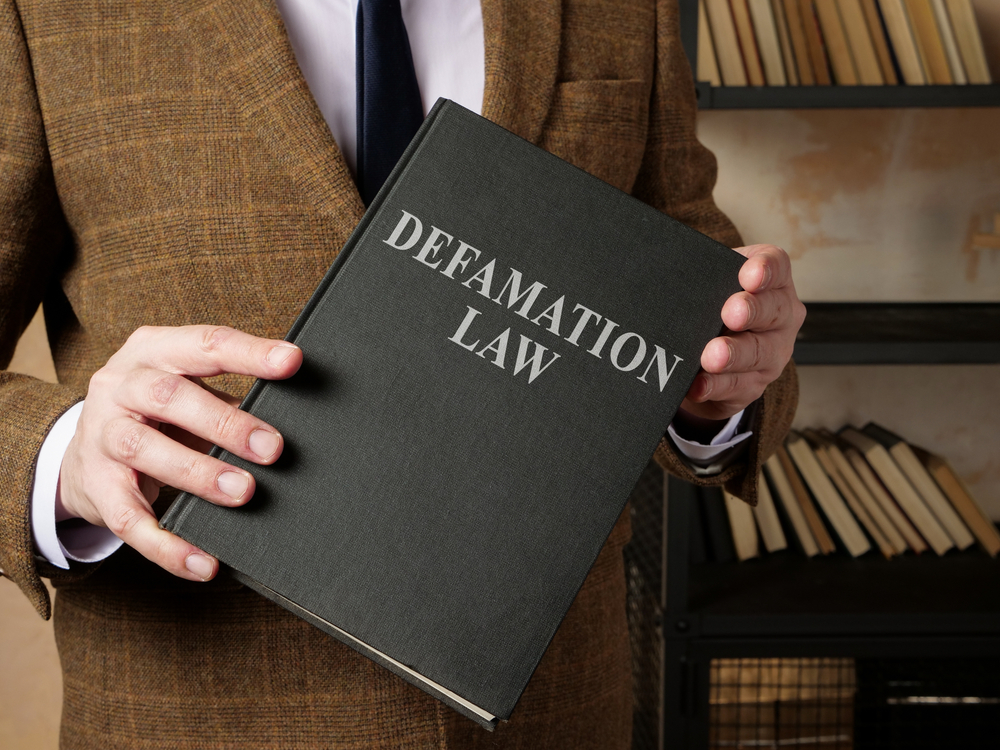Defamation law in Australia sits at an unusual intersection of freedom of speech and protection of reputation. A single review, social media post, or news article can reach thousands of people in seconds, making reputational harm both immediate and widespread. For individuals and small businesses, this can be devastating. Therefore, knowing how the law works is more relevant than ever.
Over the past few years, important reforms have reshaped the field. The introduction of a serious harm threshold means only significant cases can proceed, and legislatures are considering further updates to deal with new challenges, including AI and platform liability.
This guide explains what defamation means under Australian law in 2025, the key elements to be proven, available defences, and when to engage with defamation lawyers in Brisbane if you’re involved in a dispute.
What Is Defamation in Australia?
Defamation occurs when material is published that lowers a person’s reputation in the eyes of others. Since 2005, all states and territories have adopted uniform defamation laws, which provide consistency across the country.
The law aims to balance two competing values: a person’s right to protect their reputation and the community’s interest in free communication. Striking that balance is not simple, especially online. Courts interpret these laws in light of modern communication practices, which means the boundaries continue to evolve.
Key Legal Elements of Defamation
To bring a successful defamation action, a claimant must show:
- Serious Harm Threshold: The claimant must establish that the publication has caused, or is likely to cause, serious harm to their reputation. For companies eligible to sue, a serious financial loss must be demonstrated.
- Publication: The material must have been communicated to at least one third party. Importantly, the publication covers all forms of communication: print, broadcast, online, or spoken.
- Identification: The claimant must be reasonably identifiable from the material. This may be explicit (using a name) or implicit (through description, photograph, or context).
- Defamatory Meaning (Imputation): The words must carry a meaning that would damage the claimant’s reputation in the eyes of an ordinary, reasonable reader or viewer. Courts consider the “natural and ordinary” meaning of the words, not what the publisher intended.
Recent Reforms & Developments
Australian defamation law is undergoing incremental reform. Notable developments include:
- Northern Territory modernisation: Amendments to align with national reforms, ensuring consistency across jurisdictions.
- Serious harm filter: Now a mandatory element, it has reduced smaller, less significant claims reaching the courts.
- Digital intermediaries: Growing scrutiny on whether online platforms or search engines should be liable for user-generated content, following High Court rulings.
Two landmark cases are: Dow Jones v Gutnick, which confirmed that online defamatory material can be litigated in Australia if accessed here, and Google v Defteros addressed whether search engines can be considered publishers of defamatory material.
- Proposed Victorian Amendments: Reforms under discussion include protection for individuals reporting incidents of violence, reflecting a public interest focus.
Available Defences to Defamation Claims
The Defamation Acts provide a set of statutory and common law defences. Key ones include:
- Justification (Truth): Complete defence if the imputations are substantially true.
- Honest Opinion: Protects expressions of opinion (not fact) on matters of public interest, provided the basis is clear.
- Contextual Truth: If one true imputation sufficiently damages reputation, additional defamatory imputations may not worsen it.
- Absolute Privilege: Complete immunity for statements made in parliament or in court.
- Qualified Privilege: Where recipients have a legal, moral, or social interest in receiving the information, and publication is reasonable.
- Innocent Dissemination: Protects intermediaries such as booksellers or internet service providers if they had no knowledge of the content.
The previous defence of triviality has been repealed, replaced by the serious harm threshold.
Who Can Sue: Individuals vs Corporations
Individuals: Any person may sue if their reputation has suffered serious harm.
Corporations: Only companies with fewer than 10 employees and not-for-profit organisations can sue, provided they can demonstrate a serious financial loss. Larger corporations cannot bring defamation claims, though they may rely on other avenues such as misleading or deceptive conduct under consumer law.
Time Limits & Procedural Steps
Limitation period: Generally, a claim must be filed within one year of publication, although courts may extend this to up to three years in limited cases.
The defamation process typically involves:
- Evidence Gathering: Collecting the publication and proof of harm.
- Concerns Notice: Before commencing proceedings, a claimant must issue a Concerns Notice outlining the defamatory imputations. This gives the publisher a chance to make amends.
- Offer to Make Amends: A statutory process allowing publishers to apologise, correct, or compensate without litigation.
- Court proceedings: If the settlement negotiations fail, proceedings may be issued in the appropriate jurisdiction.
Compensation & Remedies
Courts may award:
- General Damages: For non-economic loss, capped annually (indexed).
- Aggravated Damages: Where the defendant’s conduct aggravated the harm.
- Special Damages: For quantifiable financial losses.
- Injunctions & Corrections: To prevent further publication or require a statement correcting the record.
There is no precise formula. Courts weigh the seriousness of harm against the circumstances of publication.
Practical Advice
- Individuals: Avoid assuming “private” groups are safe; anything shared with a third party may qualify as publication.
- Small businesses: Monitor reviews and address false claims early, but also be cautious not to overreact to genuine criticism.
- Content creators and publishers: Implement pre-publication review processes. A short delay can avoid significant litigation.
At Cochrane Leahy Litigation, we combine technical expertise with practical, strategic approaches. Our experience extends to complex disputes, including landlord and tenant law and construction litigation, so we’re better equipped to understand how different areas of law can intersect with defamation.
Conclusion
Defamation law in Australia continues to adapt to the realities of digital communication and AI. With strict time limits and a complex statutory framework, seeking early legal advice is essential.
If you believe your reputation has been harmed or you’ve received a Concerns Notice, speaking to our defamation case lawyers in Brisbane can help you understand your options.
Call us at 0421 608 459 and book a confidential consultation today.
FAQs
What constitutes defamation online?
Any online publication that causes serious harm to reputation may qualify.
Can foreign publications be sued for in Australia?
Yes. If the material is downloaded or read here, courts have jurisdiction.
What do small businesses need to know?
Only businesses with fewer than 10 employees, or not-for-profits, may sue for defamation. Larger companies must rely on other legal remedies.

